
Roselyn Tso officially sworn in as first Navajo Nation citizen to head the Indian Health Service
Roselyn Tso was sworn in as the new head of the Indian Health Service on Wednesday, Sept. 27, after a months-long process of confirmation. She is the organization's first permanent leader in over two years.
She also became the first Navajo Nation citizen to ever hold the position. Tso was sworn in in Washington D.C. by the U.S. Secretary of Health and Human Services Xavier Becerra. Her term will last four years and the director position is the most senior rank that is involved in developing healthcare policy for over 2.6 million Indigenous people across the U.S.
“This is monumental to have the very first Navajo woman serve at the highest position within the Indian Health Service. Health care was promised to the Navajo people through our Treaty of 1868 with the federal government, which continues to guide our relationship with the United States to this day. Navajo women played a vital role in finalizing that treaty, but they do not often get the recognition for that. Now, we have an exceptionally qualified Diné woman who will help deliver that health care to all tribal nations across the country,” said Navajo Nation President Jonathan Nez after the swearing-in ceremony.
As head of IHS, Tso will be in charge of the delivery of healthcare services to over 2.6 million American Indians and Alaska Natives. She will also oversee the handling of over $7.4 billion in federal healthcare funds, and 15,000 Indian Health Service employees across the country.
“I will work to maximize the Agency’s resources to improve the physical, mental, social, and spiritual health and well-being of all American Indians and Alaskan Natives served by the Agency,” Tso said at her nomination hearing earlier this year.
She went on to emphasize the agency’s role considering the last two-plus years of the COVID-19 pandemic, which disproportionately affected Indigenous and other marginalized communities across the U.S. At one point, the Navajo Nation was the center of COVID-19 transmission and had the most daily cases in the world.
Tso is an enrolled member of the Navajo Nation from LeChee, Ariz. She is Deeschii’nii and was born for Hashk’aa hadzohi. Her maternal grandfather is Tł'ogi Dine’e’, and her paternal grandfather is Tł'ízí łání.
CONTENIDO RELACIONADO
“Throughout the confirmation process, I took time to reflect on the many challenges the agency has faced, including the ongoing challenge to combat the COVID-19 pandemic, which has plagued Indian Country over the past couple of years,” said Tso at her confirmation hearing.
She said IHS has made “important strides” to address some of its shortcomings, but there’s still more areas where improvements are necessary.
Tso has been with IHS for nearly four decades. She first started back in 1984 as the administrative officer for the Yakama Service Unit before working up to be acting director of the Office of Direct Services and Contracting Tribes in Portland from 2010 to 2018.
In 2019, she became the director for the Navajo Area of Indian Health Service. She helped the Navajo Nation in navigating the COVID-19 pandemic.
For her efforts throughout the pandemic’s worst days and overall resume, Tso earned high marks from Alaska Senator Lisa Murkowski, vice chair of the Senate’s Committee on Indian Affairs.
“Ms. Tso has demonstrated that she has the background and experience needed to succeed as the Director of the Indian Health Service. I congratulate Ms. Tso on her unanimous confirmation in the Senate,” said Murkowski in a released statement. “I am confident she will work to ensure Indian Health Service fulfills its mission to raise the health status of American Indians and Alaska Natives across the country by providing top notch quality health care. Native people deserve nothing less.”


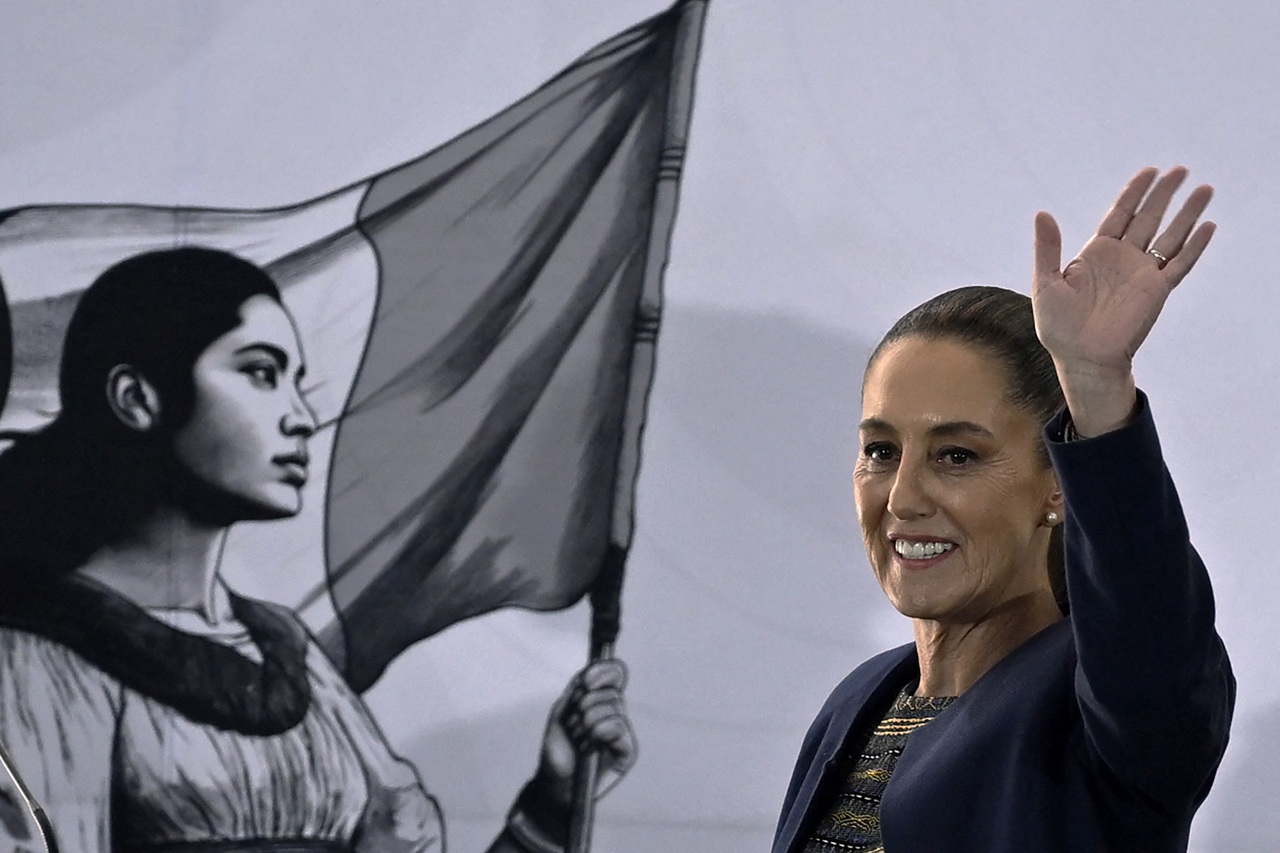
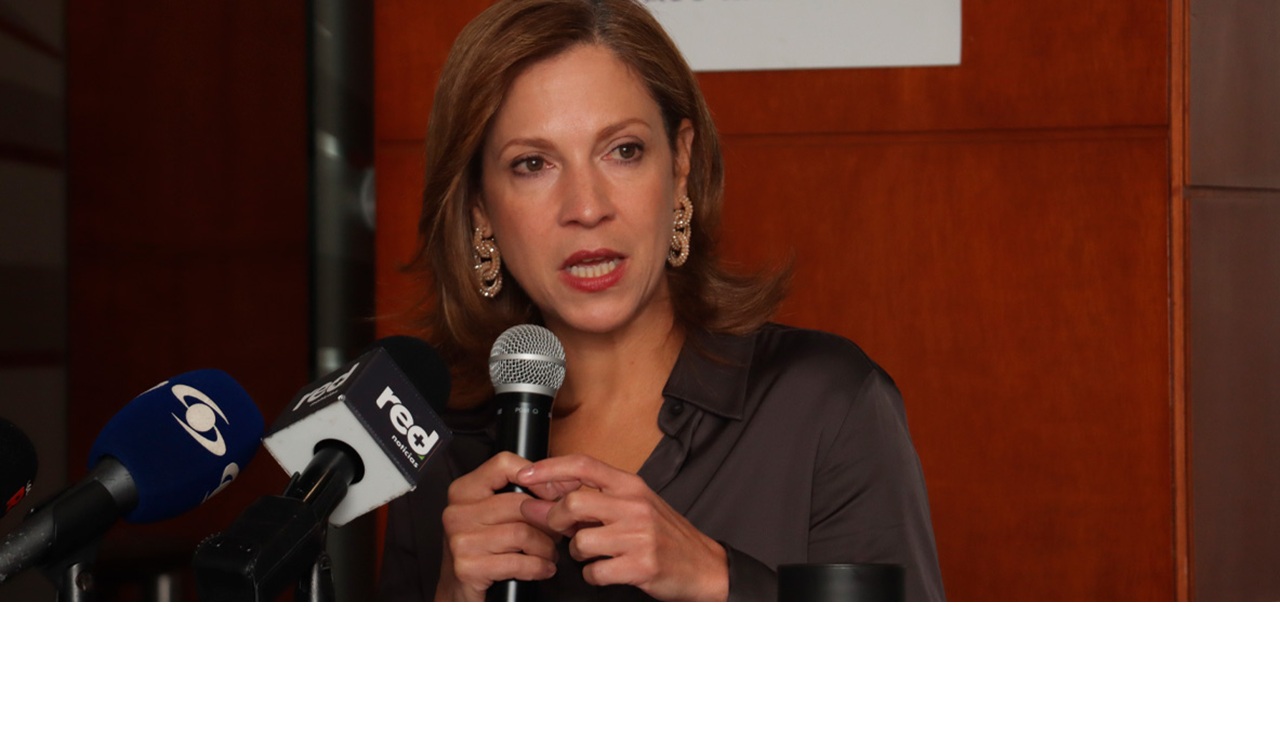
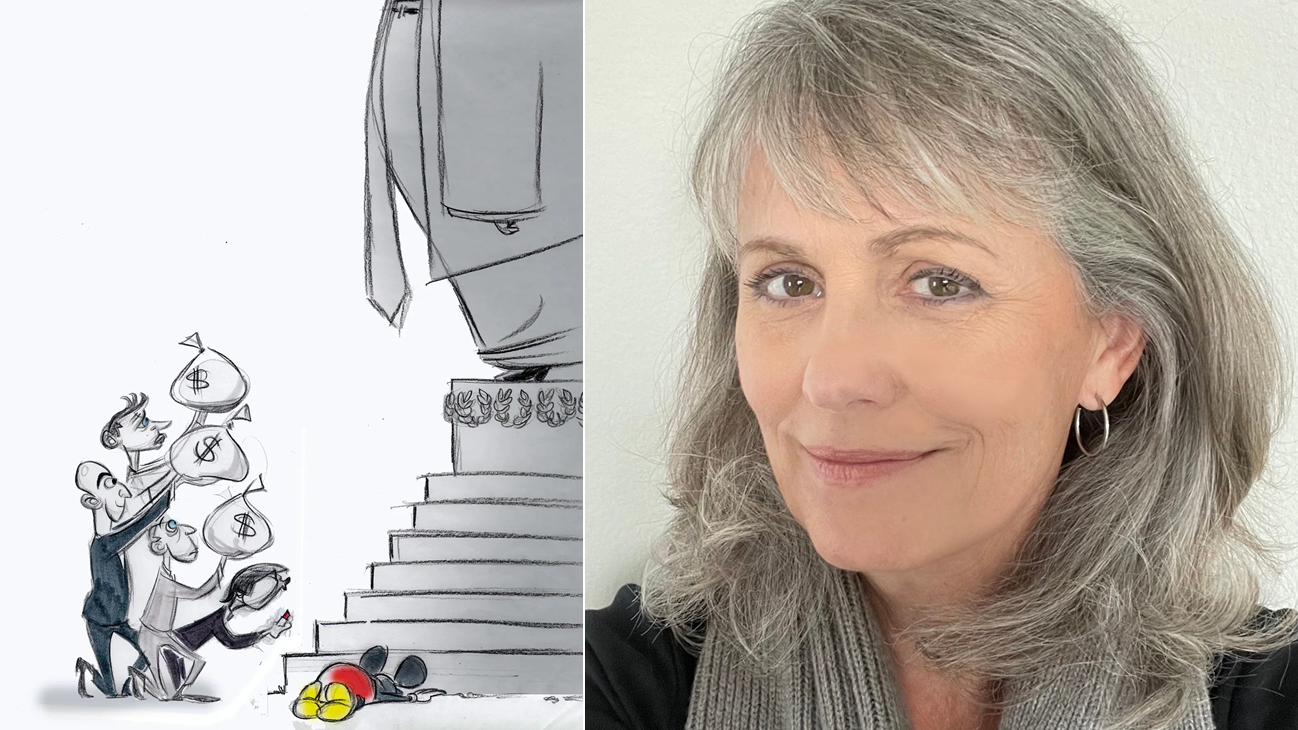
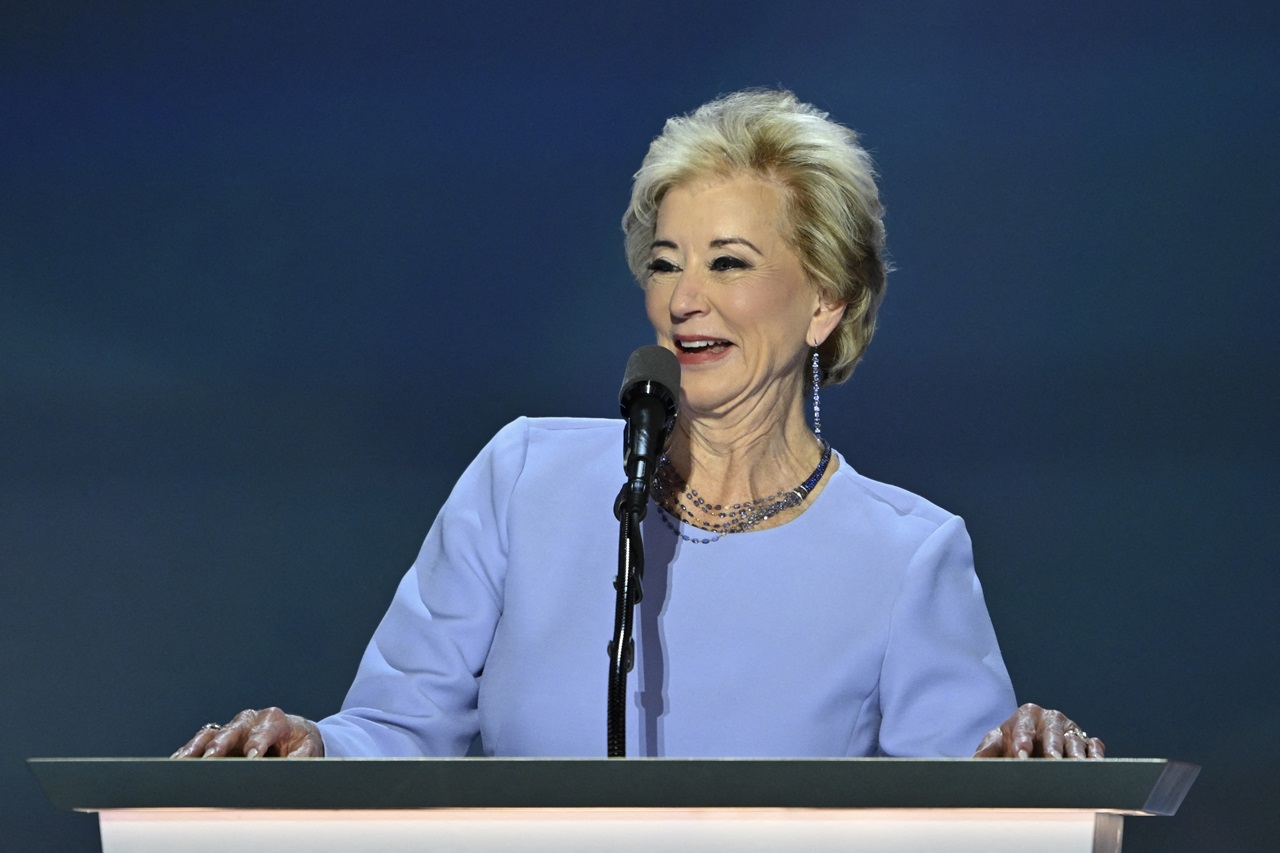
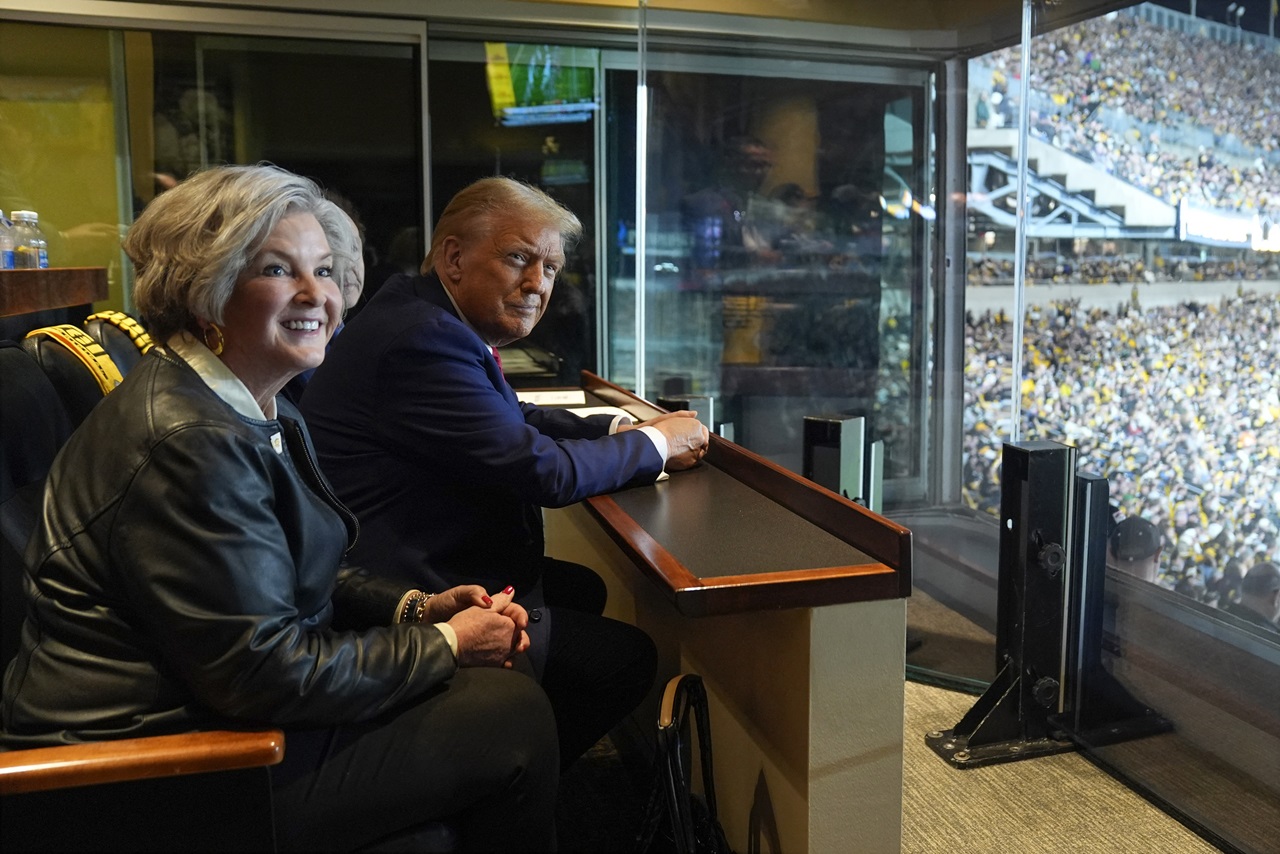
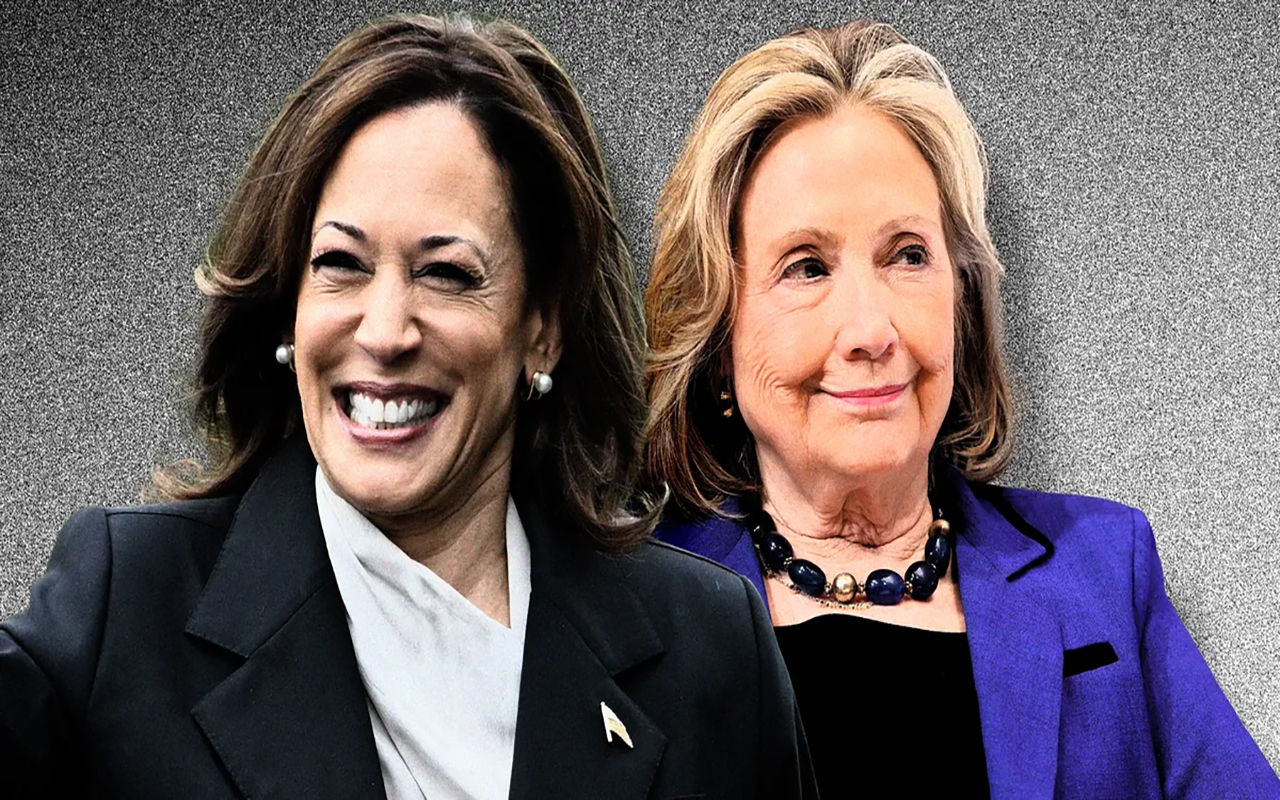


DEJE UN COMENTARIO: